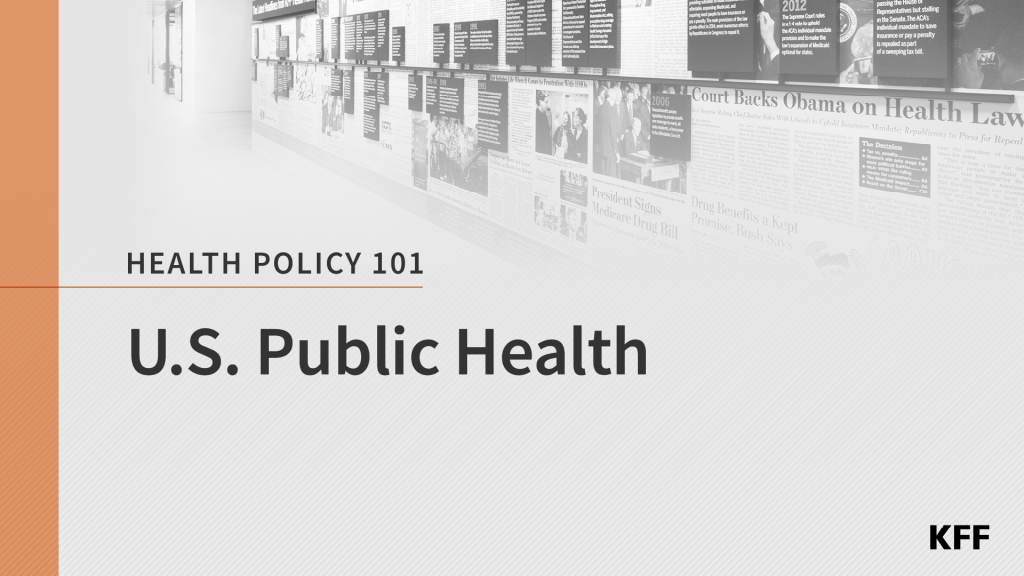Brief Examines What’s Known About Children and Coronavirus Transmission as Schools Prepare for Fall
With schools nationwide preparing for fall and the federal government encouraging in-person classes, key concerns for school officials, teachers and parents include the risks that coronavirus poses to children and their role in transmission of the disease.
